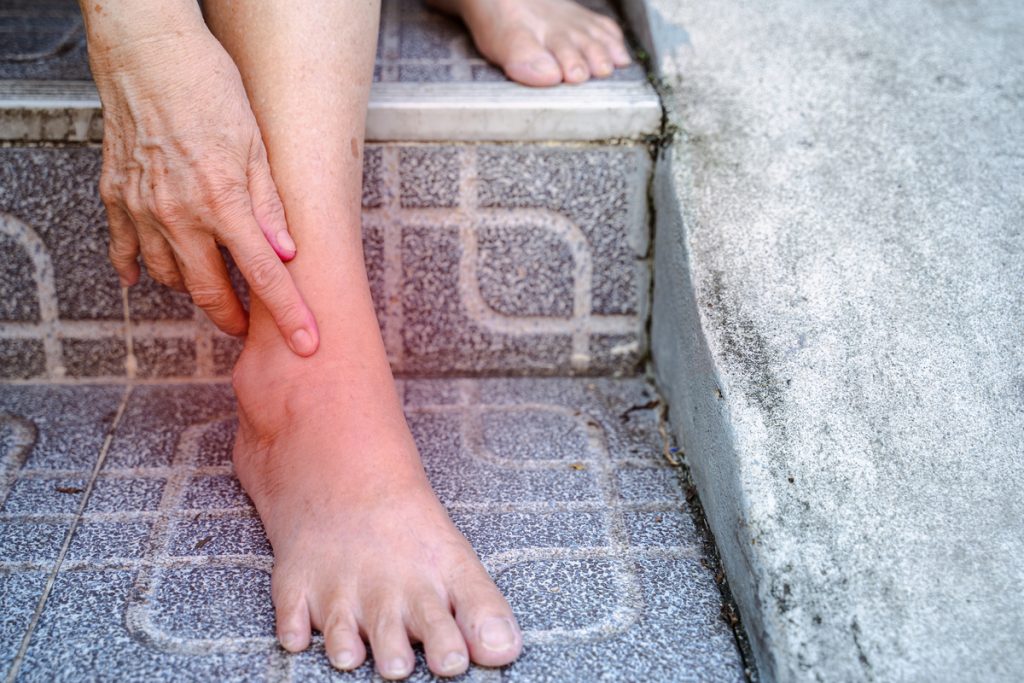Drop foot, which is often called foot drop, is a generic term that refers to the difficulty you may have to lift the front portion of your foot. If you are dealing with this condition, the front portion of your foot may begin to drag on the ground when you take a step or walk.
It is important to note, foot drop is not a disease. Instead, it is a sign of a neurological, muscular, or anatomical, or problem. In some people, foot drop only lasts for a little while; however, it may also be permanent. If you are dealing with this condition, you may require a brace for your foot or ankle to help keep it in the proper position.

Common Symptoms of Foot Drop
With foot drop, you will find it is difficult or impossible to lift the front portion of your foot. As mentioned above, it may begin to drag on the floor when you are walking. This may cause you to lift your thigh as you walk like you are climbing stairs, which is officially called steppage gait. This helps ensure your foot clears the floor.
This unusual gain can result in you slapping your foot on the floor with each step you take, too. Sometimes the skin on the upper portion of your toes and foot feel numb, too.
Causes of Foot Drop
Cases of foot drop can be caused by paralysis or weakness of the muscles that are used to lift the front portion of your foot. Some of the most common causes of this condition are found here.
A Nerve Injury
The most common reason that someone experiences foot drop is because there is a compression of a nerve in your foot that controls the muscles that are used for lifting your foot. This is the peroneal nerve, and it can also be injured during knee or hip replacement surgery and foot drop may occur.
A pinched nerve in your spine may also result in foot drop. People who are diagnosed with diabetes are much more likely to experience nerve disorders that are related to foot drop.
Nerve or Muscle Disorders
There are several types of muscular dystrophy, which is an inherited disease, that can cause issues of progressive muscle weakness. These are issues that may result or contribute to cases of foot drop. Other disorders can, as well, such as Charcot-Marie-Tooth disease.
Spinal Cord and Brain Disorders
Any condition that impacts your spinal cord or your brain, like a stroke or multiple sclerosis, could result in foot drop. This is something you should keep in mind.
When it comes to cases of foot drop, the best thing you can do is contact your doctor. They can determine the underlying issue and provide the necessary treatment. In the long run, this is going to pay off and help ensure that you get the right treatment for your condition. In some cases, it is just necessary to wear a brace; however, in other situations, more intensive treatment is necessary.



